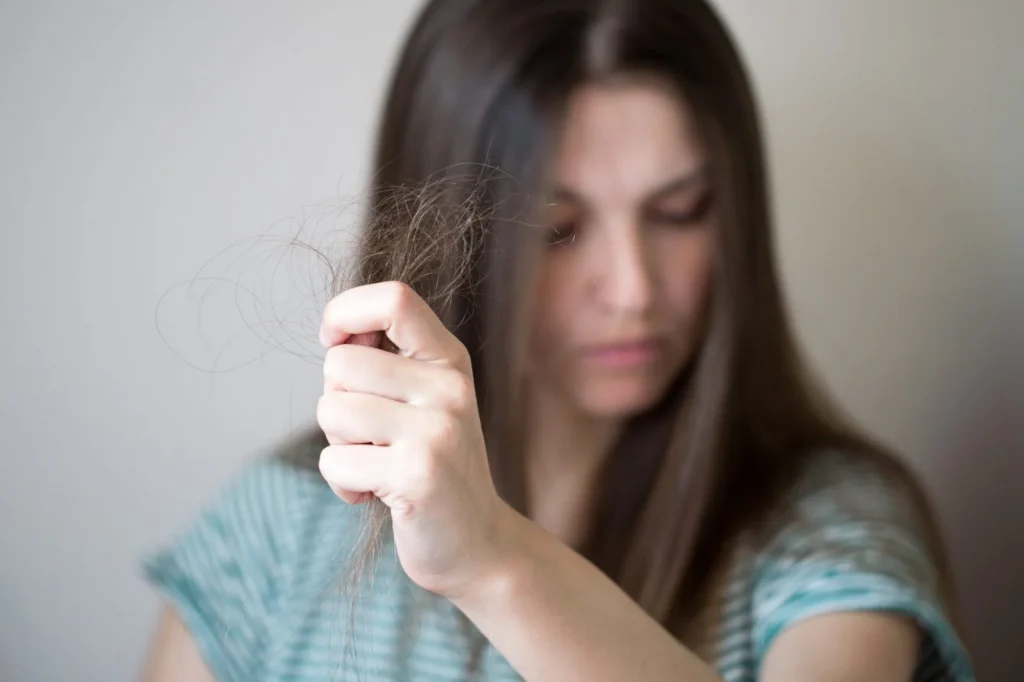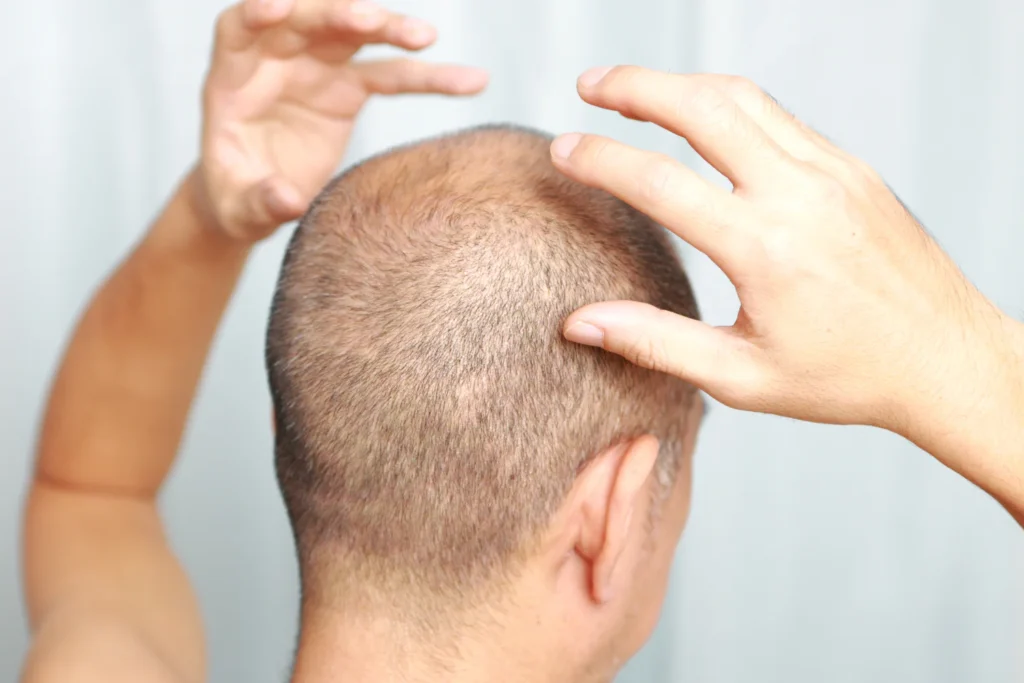Hey, Welcome to my website!
I’m Dr. Hollma Abbassee
Consultant specializing in Trichotillomania

Book a 15 Mins Free Consultation
About Me
Hello, I'm Dr. Hollma Abbassee. I hold a PhD in mass communication and have personal experience in Trichotillomania. This is a condition that I have personally dealt with for many years. I have spent countless hours researching and collaborating with experts worldwide to find effective ways to help those suffering from Trichotillomania. Now, I believe it is my turn to use my journey to help others who are suffering from this condition.

My Struggle with Trichotillomania
I’ve been living with Trichotillomania for a significant part of my life. I understand the emotional and physical toll it can take. The urge to pull my hair has been a constant battle, one I’ve often fought in silence. Society hasn’t been kind, and even my closest ones struggled to understand. I’ve faced judgment and rejection, feeling like an outsider in my own world. Family gatherings and social events became nightmares. I had to hide—not just my condition, but the shame that came with it. The fear of tarnishing my family’s reputation weighed heavily on me. Even when the urge to pull was unbearable, I forced myself to resist. The pain of hiding and the struggle to fit in have been overwhelming. My personal struggle has given me deep empathy for others going through the same.

The Quest for a Cure
In my quest to manage my condition, I traveled around the world. I met with leading doctors and specialists. I explored both conventional and alternative medicine. I attended numerous conferences, including several in Iran, India, Spain and worldwide, focused on this condition and mental health. These experiences gave me a lot of exposure. They opened my eyes to the struggles of others like me. I realized I wasn’t alone. This journey was about understanding myself. It was also about finding a way to live with Trichotillomania.
Trichotillomania has taken me around the world
Trichotillomania has been a constant companion in my life, leading me on a journey across the globe in search of understanding and healing.
My travels began in 2017 when I first met Professor Wolf Klehm in Germany. His expertise in Gestalt therapy became a beacon of hope for Me. For years, he patiently guided me through Gestalt therapy, helping me feel more whole again.
But my quest didn't end there. India became a significant part of my journey too. With Dr. T.S. Sathyanarayana Rao by my side, I attended several mental health seminars in Chennai, Bangalore, and beyond. These experiences not only broadened my understanding of mental well-being but also connected me with others facing similar challenges, offering a sense of community I hadn't known before.
In 2018, my travels took me to Spain, where I attended international conferences dedicated to mental health. These events were eye-opening, offering new perspectives and innovative approaches. Each encounter, each place, added a new layer to my understanding and provided me with the tools to cope and grow.




Understanding Trichotillomania
What is Trichotillomania?
Trichotillomania is a condition where people feel a strong urge to pull out their hair. This can lead to noticeable hair loss and emotional distress. It can affect the scalp, eyebrows, eyelashes, and other body areas.

What are the Causes of Trichotillomania?
- The exact cause isn't known, but it may be linked to a range of factors including:
- Genetic
- Environmental
- Psychological Factors (Stress & anxiety)
What are the Symptoms of Trichotillomania?
- Common symptoms include:
- Repetitive hair pulling
- Noticeable hair loss
- Feelings of shame or guilt

My Method to Managing Trichotillomania
As someone who has personally battled Trichotillomania, I've developed effective methods combining proven therapies and practical approaches to help you regain control and improve your quality of life.


Art Therapy
Art therapy provides a creative outlet for stress and emotions. Activities like painting, drawing, and sculpting can distract from the urge to pull hair and offer a way to express feelings that might otherwise trigger the behavior.

Cognitive Behavioral Therapy (CBT)
CBT focuses on changing negative thought patterns that lead to hair-pulling. By identifying and altering these thoughts, individuals can reduce their urge to pull hair. CBT also helps in developing effective coping mechanisms for stress and anxiety.

Relaxation Techniques
Stress and anxiety are significant triggers for Trichotillomania. Practicing relaxation techniques such as deep breathing, progressive muscle relaxation, and guided imagery can help reduce overall stress levels.
How is Trichotillomania Diagnosed?
A healthcare professional can diagnose Trichotillomania based on your symptoms and behavior patterns. It often involves a detailed interview and sometimes a physical exam to rule out other causes.
Coping Mechanisms:
There are several ways to cope with Trichotillomania. These include one or more of the following:
- Therapy
- Support groups
- Stress management


Consult with Dr. Hollma
Struggling with Trichotillomania? I’m here to help with personalized support and guidance. With compassion and experience, I can help you manage this journey.
Take the first step towards a better life. Book your free consultation today!

